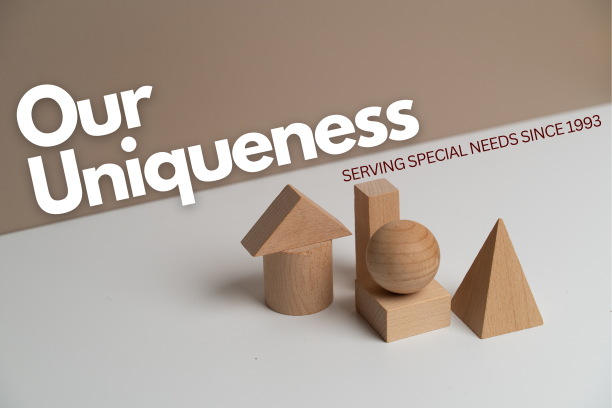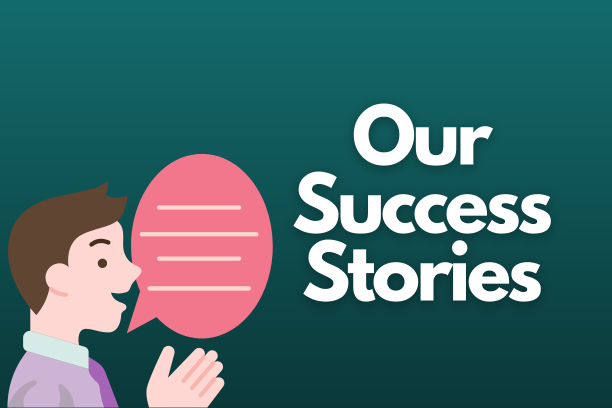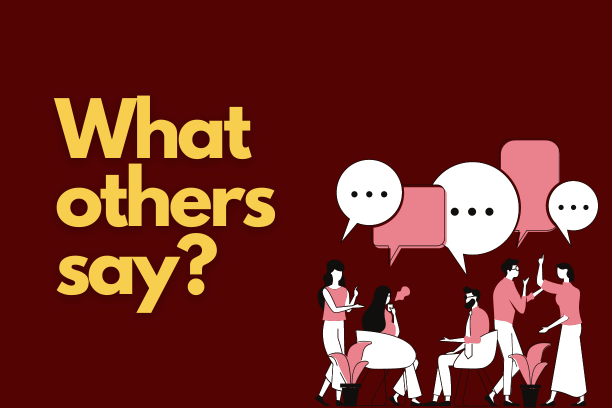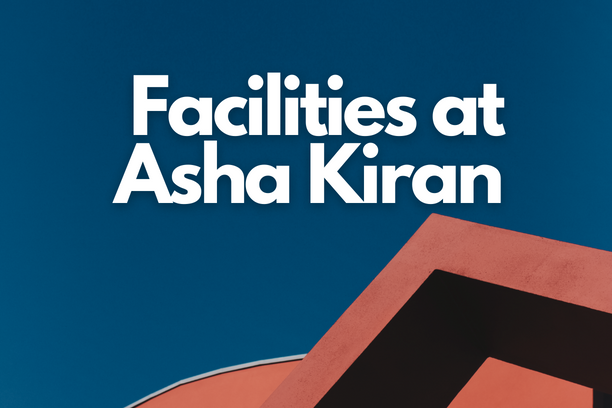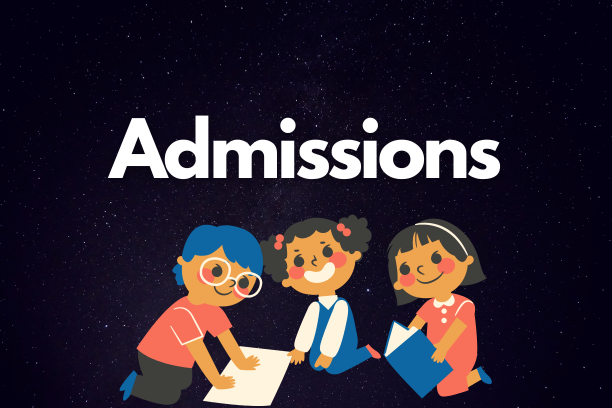Success Stories
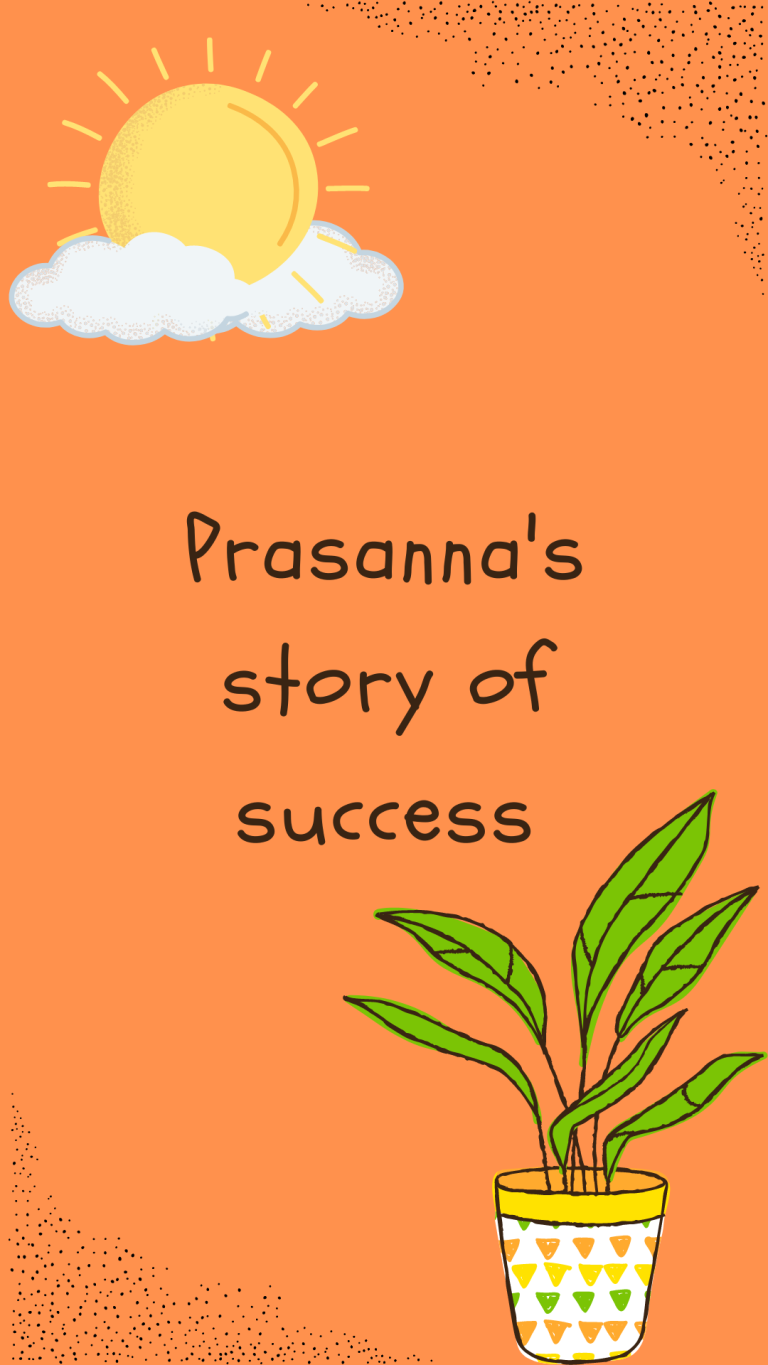
When Prasanna came to Asha Kiran six years ago, he had a severe hunchback, limited physical mobility, poor balance, and lacked stability in his hands. His physical limitations made it difficult to hold a pencil or even turn the pages of a book. He couldn’t feed himself and needed constant assistance with basic tasks. But despite these challenges, He was a curious and bright child, who pushed the boundaries around him with his love for learning, hard work, and commitment.
As he progressed through school, he blossomed in various domains and excelled in academics, and was able to communicate with his teachers and classmates effectively. One big achievement was the ability to adapt to the school environment and socialize with peers. He was initially shy and withdrawn, but with time and effort, he learned to make friends and became an integral part of his class. He even learned to feed himself, and today he eats all his meals without depending on anyone.
In all that he does, Prasanna displays initiative and independence; during class activities, outdoor play, or through his interactions with his peers and teachers. Even when he struggles with certain motor activities, he can be seen pushing himself to complete the task on his own.
Prasanna’s parents are his biggest supporters, constantly encouraging and training him in all he does, and they provide him with all the resources that he needs to grow his skills. With their guidance, he was able to pick up typing and has now honed and developed his typing skills to a competent level. With his self-motivation and adaptability, Prasanna was able to continue his journey, and after six years in preschool, he will now be graduating to the next level along with his classmates.
Melwin Jai Vianney (student of Level A3) at the beginning of the academic year, showed signs of unwillingness to participate in class-related activity. He was often spaced out, in his ‘own world’. Teachers had to call out his name at least thrice to get his attention. Gradually, he showed attention as classmates were enthusiastic about activities and about learning, in general.
He began to make friends, began to share food, and engage in two-way communication. During the games period, he started to play tag with his friends and learned to finally let go of his inhibitions. Towards the end of the academic year, we found that Melwin had strong leadership capabilities and a commanding power which we tried to utilize especially during the morning assemblies and Brain Gym. He also corrects mistakes/behaviors almost immediately when pointed out. He ensures he has a good relationship with everyone (teachers, staff, and non-teaching staff). Melwin shows genuine care towards his classmates when they seem upset.
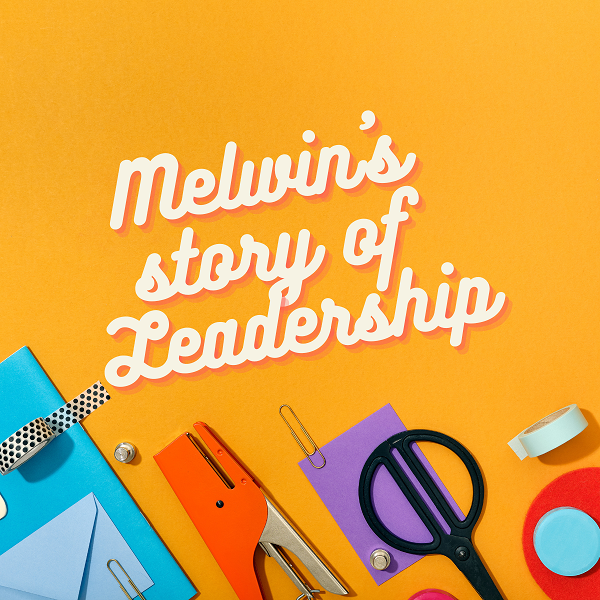
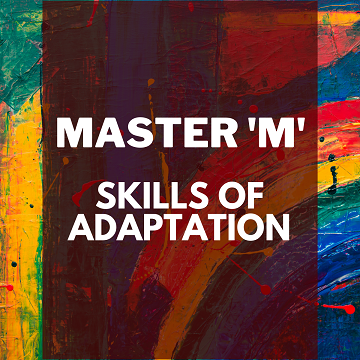
Eight year-old Master M, an active child with Autism Spectrum Disorder (ASD) is a visual and auditory learner. At first, he was able to communicate with only one – two words. Sitting tolerance, attention span and listening skills were very poor, and dependent on his mother’s verbal and physical prompts even when he knew the answers. He faced difficulty with screen time and would refuse to write or give oral answers too. To capture his attention and make learning effective, concepts were taught to him in creative ways using hands-on activities. It helped him settle and focus during online classes. His mother was very cooperative, patient and gave him good support to learn both concepts and skills. She would immediately clarify her doubts with the teacher and follow the same method with him. She also gave him repeated practice to make him independent.
Though the parents were anxious when offline classes restarted, M took barely 3 days to adapt to the new environment and was able to work on tasks independently. If he needed assistance for unknown concepts, he would voluntarily ask help from the teacher and complete the task. By the end of the academic year, he understood the routine and pattern of work in the offline classes and cooperated well. In the final evaluation, he answered most of the questions independently. Parents and teachers were thrilled to see his progress.
Ms. D, a cheerful 11-year-old with congenital rubella syndrome with delayed speech & hearing joined school as a shy and timid girl accustomed to constant prompts. Over the last 2 years she has become independent and quick to complete tasks. Her communication skills improved, and speech is clearer. She displayed interest in cultural activities and danced online with full vigor for this year’s Founder’s Day program. She actively interacts and participates in class activities and discussions. In the virtual class, she was adaptive and accommodative of her new classmates. She has had significant health conditions and was hospitalized this year, yet nothing could deter her positive spirit. Though she was unable to attend classes, she coped well and showed the same enthusiasm and interest when she returned.
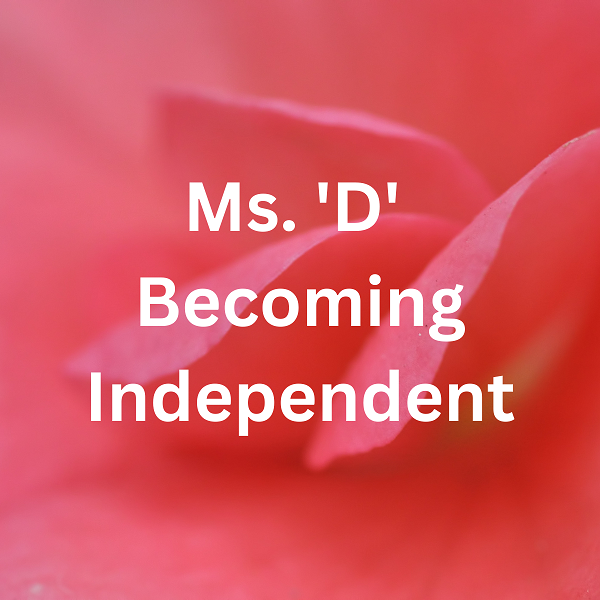

Master S completed Secondary (10th Grade) from our academic section and moved to the Vocational Training Centre. He was finding it difficult to cope with his studies which caused mental health issues. He couldn’t sleep, would cry always, isolated himself, was very low on self-confidence, irritable and angry. He was not interested to attend class, was always moody and gradually lost interest in learning and socializing. With the support of our school teachers, and with the parents’ decision, he was moved to VTC. Though the pandemic and online mode had limitations, for S everything worked out for good. After joining VTC, parents noticed drastic changes in him – he was very happy and looked forward to the classes. He felt connected with the teachers and students. His social skills and sleep patterns improved. He learned to control his anger and is eager to learn, and has grown into a confidant young lad.
These stories have taught us, when parents and teachers understand the child’s ability, discover his/her strengths and weakness and give consistent practice, it builds the child’s confidence and leads to success.

